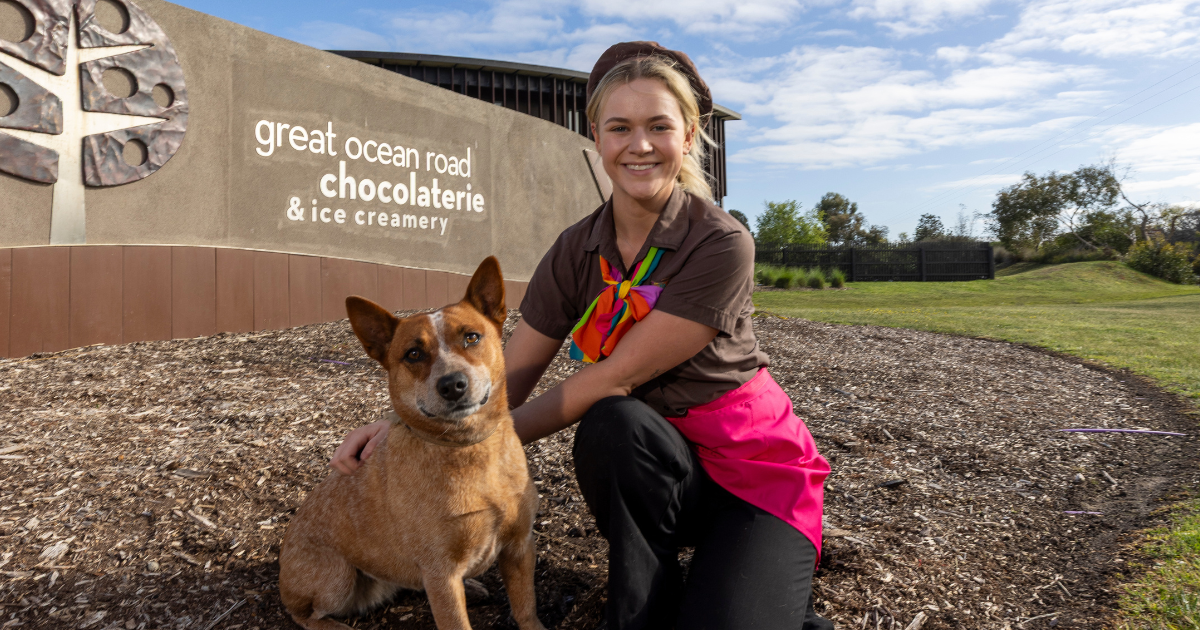Mysterious seabird deaths concern surf coast residents

Dr Eric Woehler said humans were getting signals from the marine environment manifested in the birds. Photo: SUPPLIED
SURF Coast residents are alarmed by the increasing number of dead seabirds washing up on their beaches.
Local reports to the Adrift Lab have highlighted the disturbing extent of the issue, with a significant number of seabirds, such as fairy prions, found dead across locations in multiple states around Australia.
This wave of avian deaths is not an isolated event; earlier seabird deaths were observed in Tasmania in February.
Dr Eric Woehler, with over 40 years dedicated to bird conservation globally, underscored the severity of the situation and its broader environmental implications.
“We’re getting signals from the marine environment manifested in the birds,” he said.
“Similar incidents occurred a few years back, with a considerable number of priors found along the southeastern and eastern coasts of Tasmania.”
Dr Woehler said the East Australia Current has been reaching farther south, which has been impacting marine habitats.
“The East Australia Current originates in the Coral Sea, travels down the east coast of Australia, and traditionally turns towards New Zealand around Eden, on the New South Wales-Victoria border.”
In recent years, rising ocean temperatures have pushed this current farther south, introducing warmer waters into areas previously unaffected.
Such temperature increases disrupt the food sources of surface-feeding seabirds like fairy prions, leading to mass mortality events.
Dr Woehler highlighted the significance of these “wreck events” as early indicators of major shifts within marine ecosystems. He also expressed grave concerns over the potential ecological damage from proposed seismic blasting operations off Victoria’s coast.
Pending approval from NOPSEMA, the project threatens to impact 45,000 sq km of ocean, including marine parks and habitats vital to numerous endangered marine species.
Seismic surveying uses intense sound waves that can harm marine life, and has been linked to impacts to commercial fisheries.
Research has shown seismic activities can devastate foundational marine organisms like zooplankton.
Local MPs Libby Coker and Dan Tehan, representing coastal communities from the Bellarine Peninsula to the South Australian border, have voiced their opposition to the permit, supporting community protests.
Dr Woehler expressed concern the testing could have on birdlife and urged further research into the impact on seabird populations.
“Birds such as shearwaters and little penguins, capable of diving to significant depths, are especially vulnerable to these underwater blasts, facing risks similar to those of marine mammals” he noted.

















